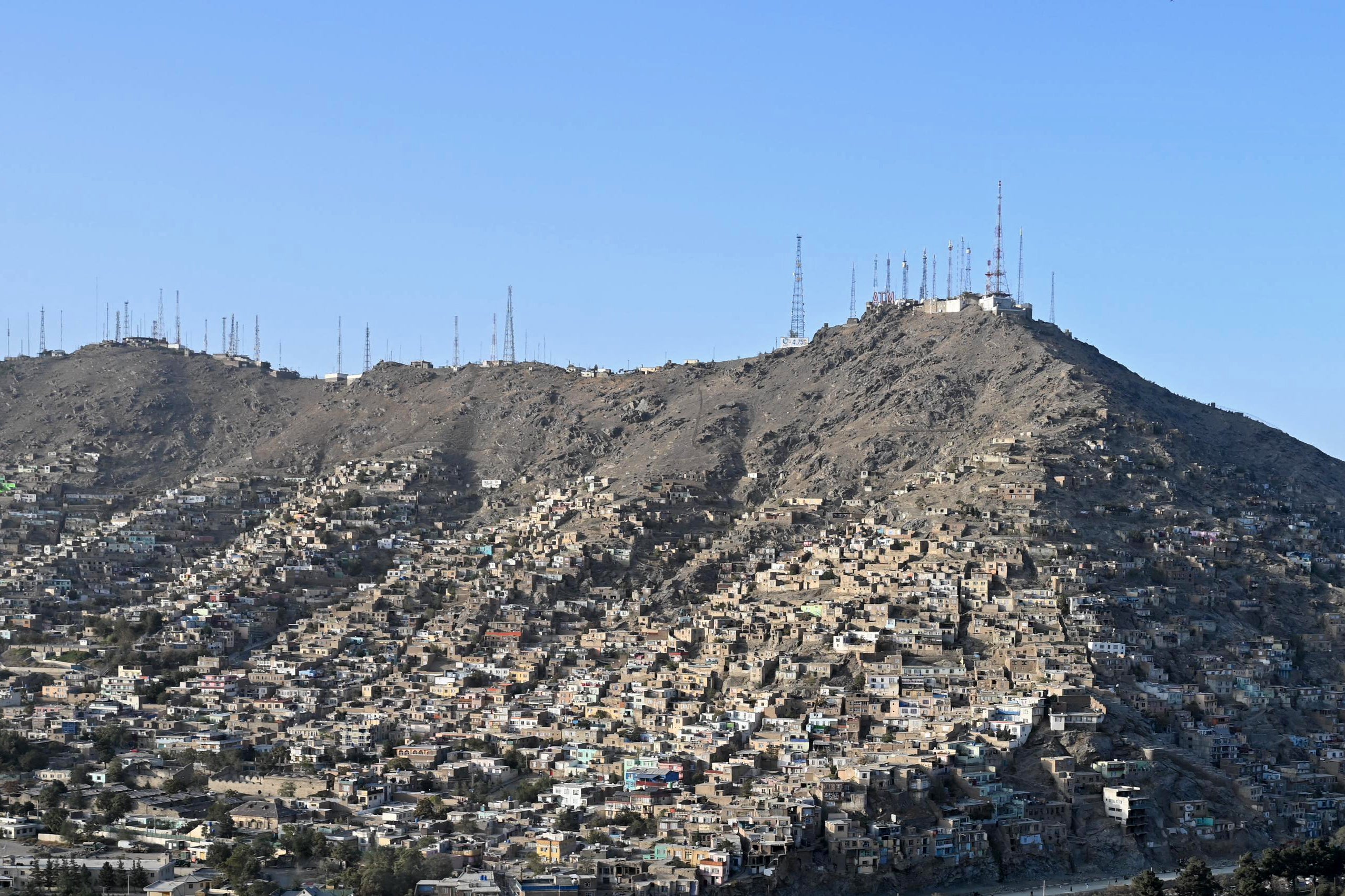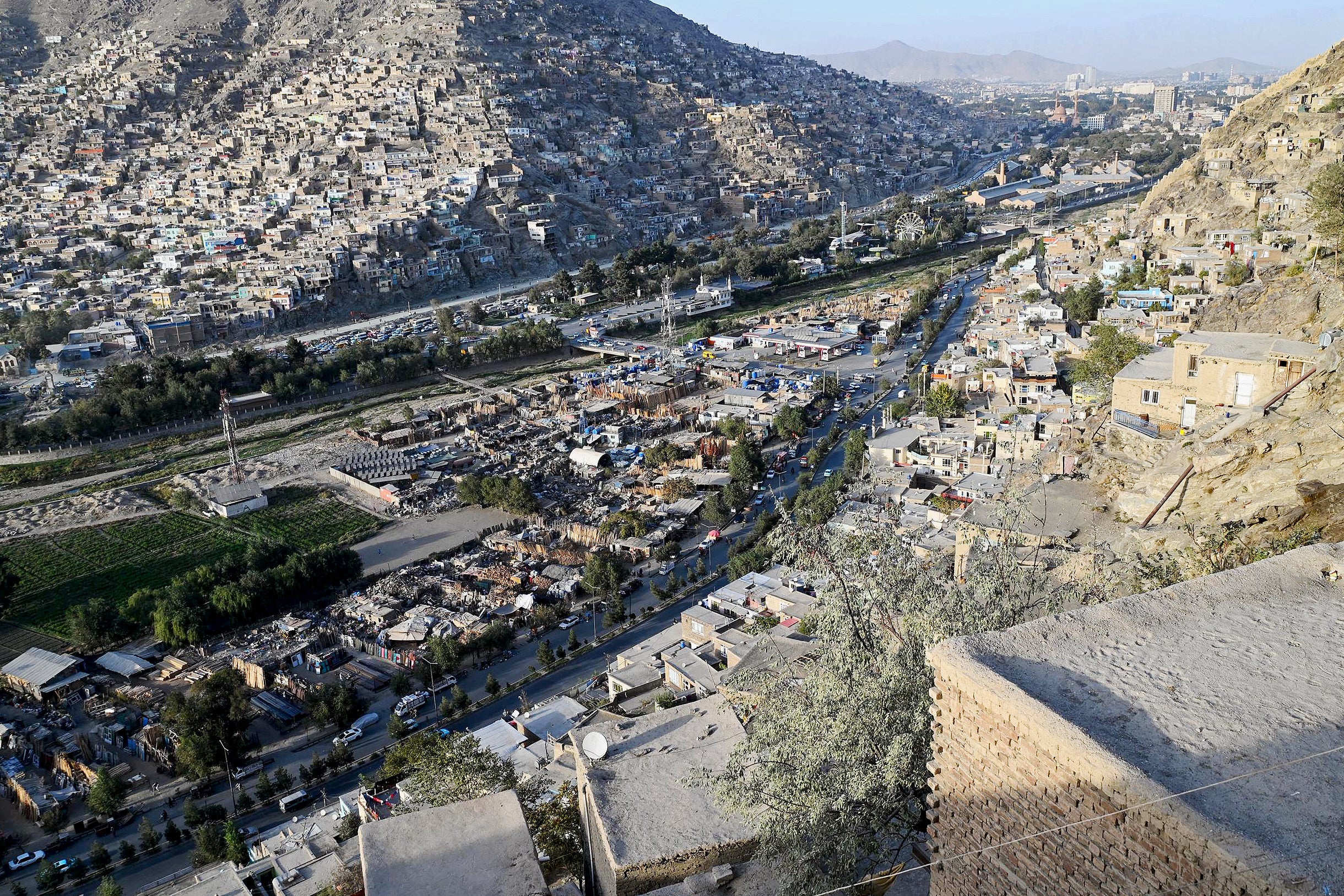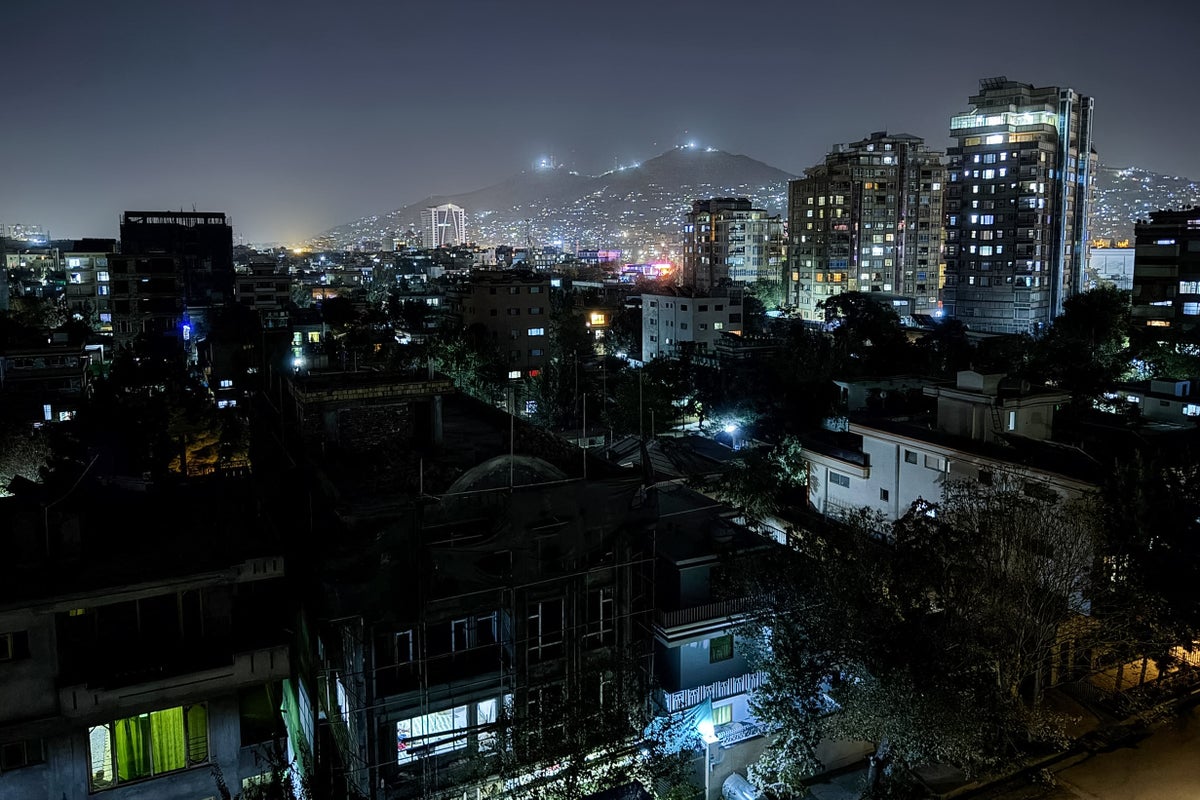The Taliban suspended internet services across Afghanistan on Monday, cutting off millions of people from the outside world.
Afghan media reported that the restriction was in line with the Taliban leadership’s decree from earlier this month to tackle online “immorality”.
The ban blocked mobile and broadband internet services, disrupted satellite television, and even affected flight operations. FlightRadar24 showed that at least five flights scheduled to arrive at or depart from the Kabul airport on Tuesday were cancelled.
The shutdown reportedly also affected the satellite TV broadcasts of Afghan media outlets like Kabul-based Tolo News and London-based Afghanistan International as well as services in hospitals and government and private offices.
This is the first time that all of Afghanistan is facing a blackout of internet services under the hardline Islamist government.
Taliban supreme leader Hibatullah Akhundzada ordered a “complete internet ban” earlier this month, starting disruption in services from smaller provinces like Balkh.
“This measure was taken to prevent immorality and an alternative will be built within the country for necessities,” Haji Attaullah Zaid, a spokesman for the Balkh provincial administration, said at the time.
The Independent made multiple WhatsApp and Telegram calls to contacts in Kabul and other cities on Monday and Tuesday morning, but could not go through. Messages sent on WhatsApp were not delivered either.
The Associated Press news agency reported that it was unable to contact its bureau in Kabul.

“No notice was given today but sporadic bans here and there were rolling out over the past few weeks in parts of the country,” a UN official in Kabul told The Independent on the condition of anonymity.
“The aim, according to the de facto authorities, is to prevent vice.”
Mahbob Shah Mahbob, an Afghan journalist in exile, said there was “concern about people accessing pornographic content inside Afghanistan” which sparked a call by senior Taliban leaders to shut down the internet to prevent “immorality”.
“They’re also concerned about how their extremist rule inside Afghanistan is being perceived by the outside world and the bad publicity,” Mr Mahbob added.
Advocacy group Netblocks said Afghanistan was now experiencing a “total internet blackout”.

The watchdog’s live metrics showed that internet connectivity had collapsed to 14 per cent. “Afghanistan is now in the midst of a total internet blackout as Taliban authorities move to implement morality measures, with multiple networks disconnected through the morning in a stepwise manner. Telephone services are currently also impacted,” it said.
“The incident is likely to severely limit the public’s ability to contact the outside world.”
The shutdown would last until further notice, an unnamed Taliban official told the BBC.
“The Taliban’s internet ban is dragging Afghanistan into the abyss. A pariah regime has severed 40 million lives from the world, with catastrophic consequences, crushing daily life, and suffocating women most of all,” Habib Khan, founder of Afghan Peace Watch, said.




